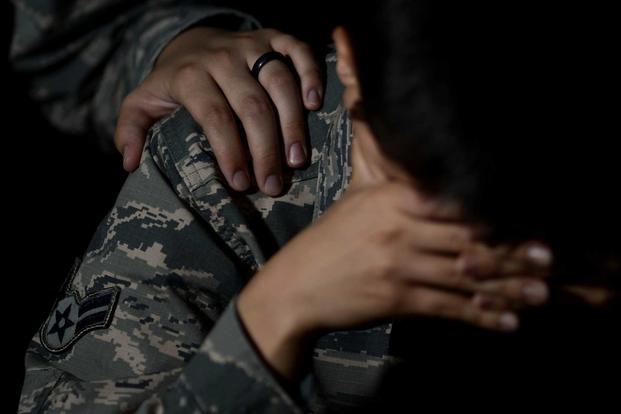While it often seems that suicides occur without warning, the Centers for Disease Control and Prevention says those considering suicide often exhibit certain behaviors. The CDC recommends being familiar with the signs and knowing what to do if someone needs help.
Some warning signs of suicide include:
- Talking about wanting to die
- Looking for ways to die
- Talking about feeling hopeless and having no purpose
- Talking about feeling trapped or being in unbearable pain
- Talking about being a burden to others
- Increasing the use of alcohol or drugs
- Acting anxious or agitated, or behaving recklessly
- Sleeping too little or too much
- Withdrawing or feeling isolated
- Showing rage or talking about seeking revenge
- Displaying mood swings
According to the CDC, the more signs a person shows, the greater the risk.
If someone close to you is exhibiting warning signs, the CDC recommends ensuring that the individual is not left alone and taking the following steps: removing any firearms, sharp objects, alcohol and drugs from the area; calling or texting the National Suicide and Crisis Lifeline at 988; and taking the person to an emergency room or medical professional.
Stay on Top of Your Military Benefits
Not sure what your veteran health care benefits are? Keep up with all the changes and details. Subscribe to Military.com. and get all the latest updates straight to your inbox.
-- Patricia Kime can be reached at Patricia.Kime@Military.com. Follow her on Twitter at @patriciakime.













